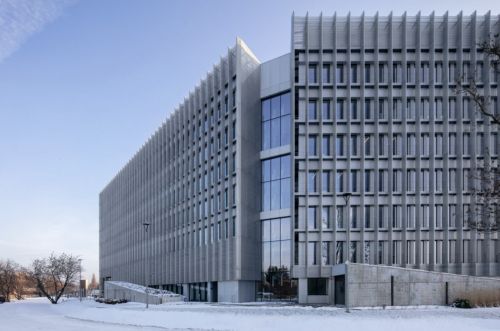A fair assessment of 2011 would be that it has been a good year for the polish real estate sector. The volume of new investment has increased. As 2011 draws to a close, what will be keeping property lawyers busy next year?
In April 2012, a new law for residential developers will come into force. It is designed to protect purchasers of apartments and houses, but may cause headaches for both banks and developers.Developers will be required to provide potential purchasers with a prospectus summarising material information on the residential scheme being offered. Agreements between developers and purchasers will have to meet numerous new criteria. The law provides that money paid by purchasers must be kept in an escrow account. This may either be a 'closed' or an 'open' account. Money deposited in a 'closed' escrow account may only be released to a developer once the legal title of the property has been transferred to the purchaser. With an 'open' escrow account, the developer may only u




























































